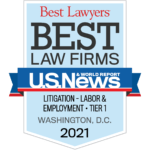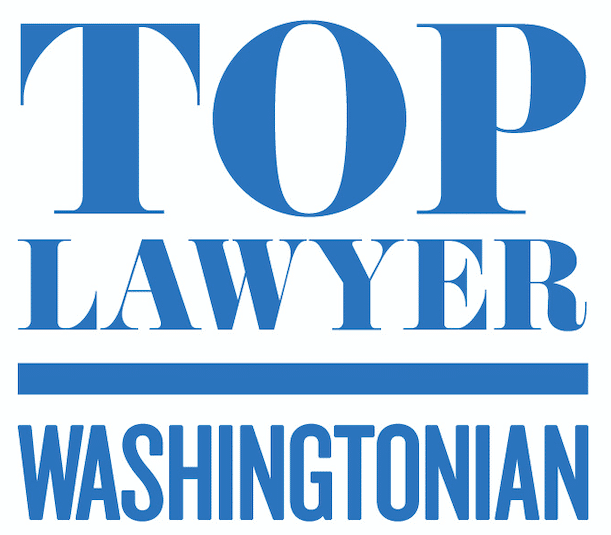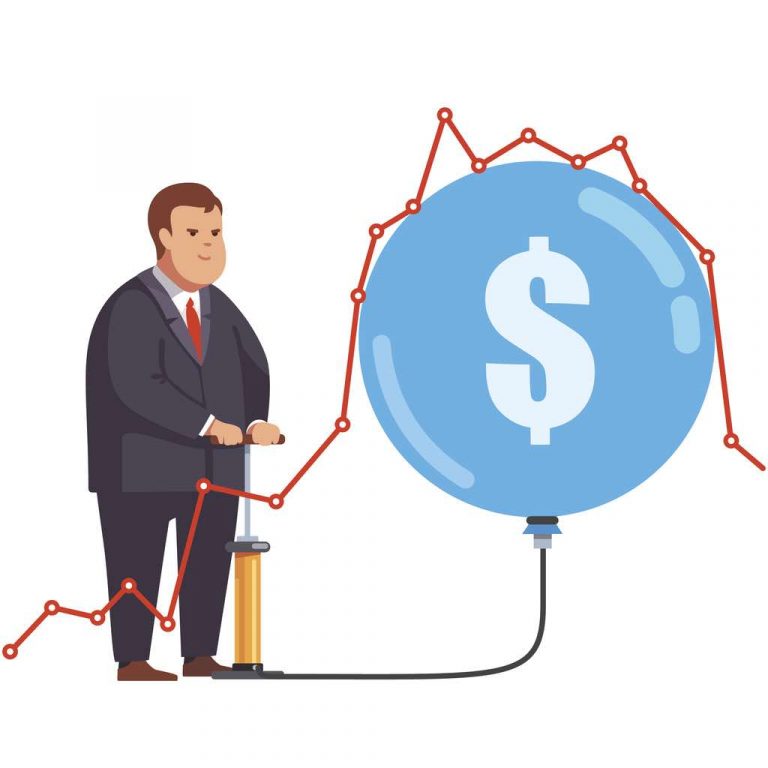When a corporation speaks through a public filing or informally, e.g., by issuing a press release, the half-truth doctrine requires the corporation to include all additional information necessary to make the statement not misleading. See 17 C.F.R. §§ 230.408, 240.12b-20 (public filings). See also Craftmatic Sec. Litig. v. Kraftsow, 890 F.2d 628, 641 (3d Cir. 1989) (incorporating the requirement into the 10b-5 context).
The Supreme Court held in Universal Health Servs., Inc. v. United States, 136 S. Ct. 1989, 2000 (2016) that “half-truths—representations that state the truth only so far as it goes, while omitting critical qualifying information—can be actionable misrepresentations.” Rule 10b-5 encompasses not only affirmative falsehoods, but also half-truths: It reaches the failure “to state a material fact necessary in order to make the statements made, in the light of the circum-stances under which they were made, not misleading.” 17 C.F.R. 240.10b-5(b).
A statement violates Rule 10b-5 if it would give reasonable shareholders a “false impression” of the relevant facts. SEC v. Texas Gulf Sulphur Co., 401 F.2d 833, 862 (2d Cir. 1968).
Many cases have found that the duty to complete a half-truth exists even where the omitted information is unlawful – but uncharged – conduct. See, e.g., In re Marsh & McLennan Cos. Sec. Litig., 501 F. Supp. 2d 452, 469 (S.D.N.Y. 2006); In re Sotheby’s Holdings, Inc., No. 00 Civ. 1041(DLC), 2000 WL 1234601, at *4 (S.D.N.Y. Aug. 31, 2000); In re Par Pharm., Inc. Sec. Litig., 733 F. Supp. 668, 675 (S.D.N.Y. 1990) (“The illegality of corporate behavior is not a justification for withholding information that the corporation is otherwise obligated to disclose.”); Ballan v. Wilfred Amer. Educ. Corp., 720 F. Supp. 241, 249 (E.D.N.Y. 1989) (“The fact that a defendant’s act may be a crime does not justify its concealment.”).
Disclosures about securities fraud may qualify for an SEC whistleblower award. For information about SEC whistleblower rewards, download our free guide SEC Whistleblower Program: Tips from SEC Whistleblower Attorneys to Maximize an SEC Whistleblower Award.
 If you have original information that you would like to report to the SEC Office of the Whistleblower, contact the Director of our SEC Whistleblower Practice at [email protected] or call our leading SEC whistleblower lawyers at (202) 930-5901 or (202) 262-8959. All inquiries are confidential.
If you have original information that you would like to report to the SEC Office of the Whistleblower, contact the Director of our SEC Whistleblower Practice at [email protected] or call our leading SEC whistleblower lawyers at (202) 930-5901 or (202) 262-8959. All inquiries are confidential.
In conjunction with our courageous clients, our SEC whistleblower lawyers have helped the SEC halt multi-million dollar investment schemes, expose violations at large publicly traded companies, and return funds to defrauded investors.
 In contrast to many other SEC whistleblower law firms, our team of SEC whistleblower lawyers includes a Certified Public Accountant and Certified Fraud Examiner with substantial experience auditing public companies and investigating complex fraud schemes. We understand the many challenges that the SEC faces in investigating our clients’ disclosures and take measures to increase the likelihood that the SEC will be able to effectively pursue the disclosures that our SEC whistleblower lawyers provide on behalf of our clients. Recently, U.S. News and Best Lawyers® named Zuckerman Law a Tier 1 firm in the Washington DC metropolitan area. Click below to hear SEC whistleblower attorney Matthew Stock’s tips for SEC whistleblowers:
In contrast to many other SEC whistleblower law firms, our team of SEC whistleblower lawyers includes a Certified Public Accountant and Certified Fraud Examiner with substantial experience auditing public companies and investigating complex fraud schemes. We understand the many challenges that the SEC faces in investigating our clients’ disclosures and take measures to increase the likelihood that the SEC will be able to effectively pursue the disclosures that our SEC whistleblower lawyers provide on behalf of our clients. Recently, U.S. News and Best Lawyers® named Zuckerman Law a Tier 1 firm in the Washington DC metropolitan area. Click below to hear SEC whistleblower attorney Matthew Stock’s tips for SEC whistleblowers:
SEC Whistleblower Lawyers’ Guide to SEC Whistleblower Awards
Under the SEC Whistleblower Program, the SEC will issue awards to whistleblowers who provide original information that leads to enforcement actions with total monetary sanctions (penalties, disgorgement, and interest) in excess of $1 million. In exchange for the valuable information, a whistleblower may receive an award of between 10% and 30% of the total monetary sanctions collected.
In determining an award percentage, the SEC considers the particular facts and circumstances of each case. For example, positive factors that may increase an award percentage include the significance of the information, the level of assistance provided by the whistleblower and the whistleblower’s attorney, and the law enforcement interests at stake. On the other hand, negative factors that may decrease an award percentage include unreasonable delay in reporting the violation to the SEC and the culpability or involvement of the whistleblower in the violation. For more information, see the SEC Office of the Whistleblower’s Guidance for Whistleblower Award Determinations and Approach to Processing Whistleblower Award Claims.
Since 2012, the SEC Whistleblower Office has issued more than $1 billion in awards to whistleblowers. The largest SEC whistleblower awards to date are $114 million and $110 million. See some of the SEC whistleblower cases that have resulted in multi-million dollar awards.
If you are seeking representation in an SEC whistleblower bounty case, click here, or call us at 202-262-8959 to schedule a free preliminary consultation.
- See our column in Forbes: One Billion Reasons Why The SEC Whistleblower-Reward Program Is Effective.
- See our column in Going Concern: Sarbanes-Oxley 15 Years Later: Accountants Need to Speak Up Now More Than Ever.
- See our post in Accounting Today: Whistleblower Protections and Incentives for Auditors and Accountants.









